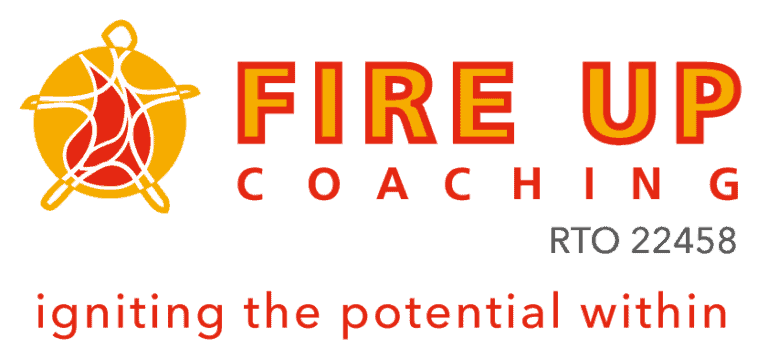Coaching, consulting, and mentoring are three different roles that serve distinct purposes in helping clients achieve personal and professional goals.
The International Coaching Federation (ICF) argues that coaching is a creative, collaborative process that partners with clients in order to maximise their potential. We respect the client as the expert in his or her life and work, and believe every client is resourceful and whole. It’s a different domain to a counsellor, consultant, or mentor. To be successful in coaching relationships, it is important to realise the difference between these and their application in the best way for our clients.
Is coaching different from counselling?
Yes, these modalities have different purposes.
Coaching assists clients, whether individuals or groups in determining goals, using available resources to attain and even identify them. It concerns the present and future—as well as anticipating human behaviour drivers for change.
Counselling, on the other hand, seeks to understand and resolve emotional traumas and past issues that affect the present, especially relating to a person’s experience of strong emotional upsets. Professional counsellors receive special training. A skilled coach should be able to recognise when it is proper to refer a client for specialised counselling services.
Are consulting, mentoring, and coaching interchangeable?
Each role has a different approach and desired outcome. It is possible to combine all 3 to meet the needs of a client, but for the best results, we must know when one risks crossing over into the other.
What is the difference between coaching and consulting?
The difference between the two lies in the approaches. While the consultants provide an immediate solution to solve specific problems, it does not necessarily focus on fostering behaviour change and accountability, unlike coaching, where it empowers clients to solve problems independently.
How is mentoring different to coaching?
Mentoring may contain coaching and consulting skills, but the primary purpose of mentoring is to transfer knowledge and experience of the mentor in the mentor’s field of expertise to another person. We will ask skilful questions that enable us to find out what the client wants and work out action, a mentor tells or teaches how to do what they do, by providing guidance and support.
Why is coaching so effective?
A coach partners with their clients, using skills and coaching tools to expand awareness of the issues their clients are facing.
Helping the client:
- Gain clarity and a future vision
- Identify obstacles and create strategies to overcome them
- Fosters accountability because the client is directly involved in identifying and setting their own goals
- Determine their own path to success
Related Articles
How to become a Coach in Australia
Understanding the different levels of ICF training


